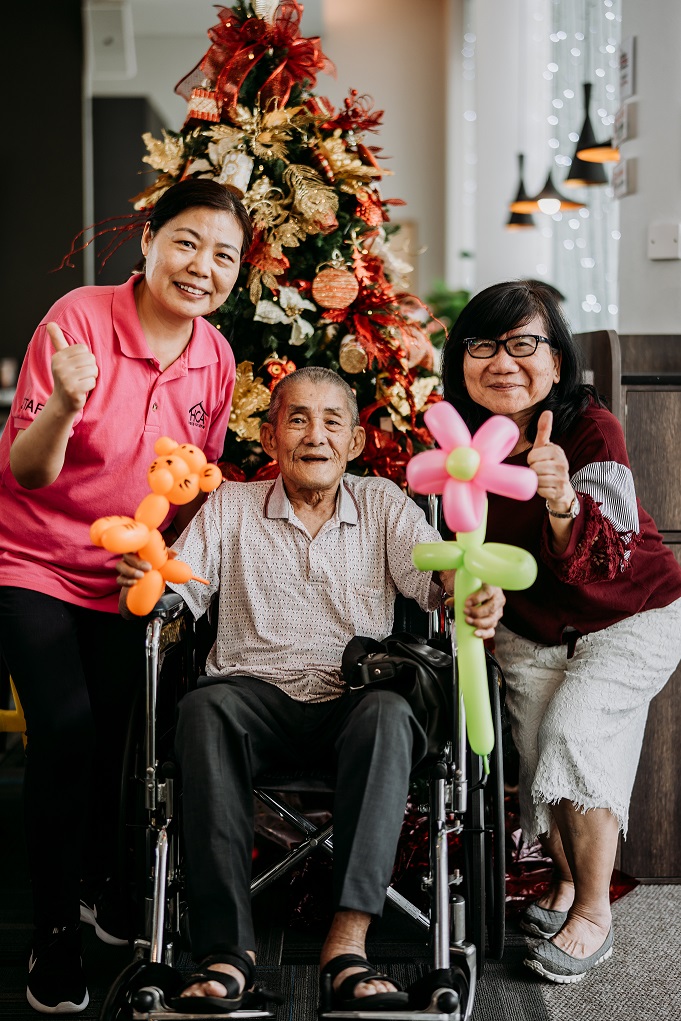
Close


This year, the World Hospice and Palliative Care Day (WHPCD) falls on the 10th of October. This is a day where we come together, to celebrate and support hospice and palliative care, not just in Singapore, but also around the world; raising awareness and understanding of the needs of people, living with life-limiting illnesses.
Hospice and palliative care do not just focus on the relief of painful or distressing symptoms, it also encompasses holistic care, that looks beyond a patient’s physical symptoms, including their psychological and spiritual needs.
Hospice and palliative care teams usually comprise a multi-disciplinary setup consisting of nurses, doctors, social workers and other psychosocially trained staff such as art therapists, counsellors and even music therapists. The multi-disciplinary team often works together, to enhance patients’ quality of life and to support their families.
In HCA Hospice (HCA), we provide Home Hospice care as well as a Day Hospice service for adult patients and a paediatric palliative care service (Star PALS) for children and minors up to 19 years of age. For our Home Hospice care service and Star PALS programme, our multi-disciplinary team will visit and support the patients and their families at their homes. Our Day Hospice is a home away from home, providing care and activities for patients who require less assistance.
It is hard not to look back and see how the COVID-19 pandemic has disrupted hospices and palliative care organisations. But the ones who have borne the brunt of it, are the patients and their families.
For instance, the restrictions on visitors to the hospitals and healthcare institutions stoked the fear of dying alone, whilst some patients lamented about how it was a curse to pass on during this time, with the restrictions of turnouts at funerals and wakes. Consequently, COVID-19 has also forced us to address challenges in creative ways. For example, we launched video consultations in April, to remain connected with patients and families, ensuring the continuity of our services while minimising the risk of cross-contamination. While we initially had concerns that the lack of physical proximity would create a sense of alienation, our fears were quickly allayed, when we realised that the team’s compassion and sincerity could be felt through the screens.
We also rallied our volunteers, who are ever ready to help out, to deliver food to patients and families who are at higher risk of being infected.
As we salute all healthcare professionals, psychosocial team members, frontline staff and volunteers in the hospice and palliative care setting, let us not forget the true unsung heroes – the caregivers and family members of our patients – who have quietly and resolutely journeyed alongside.